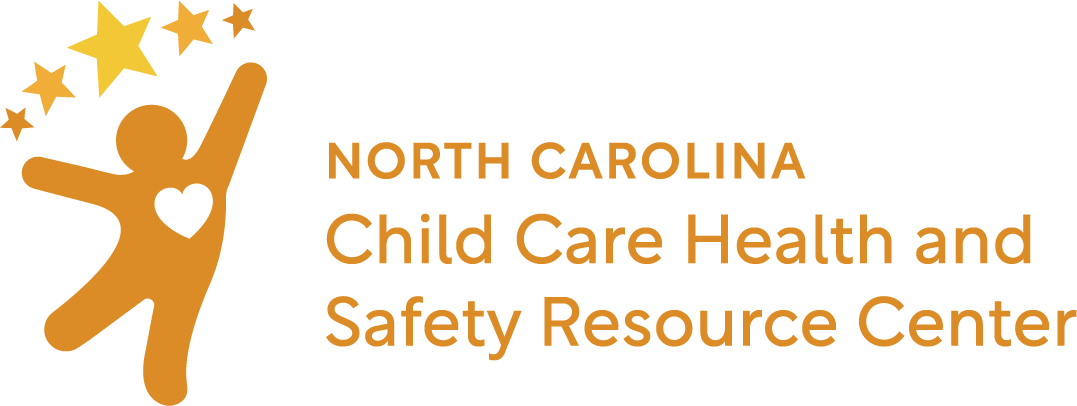Child Abuse and Neglect
Child Care Health Consultant Competency 12: Reducing child abuse and neglect
(Source: Early Childhood Learning & Knowledge Center, Child Care Health Consultant Competencies)
A CCHC also
- Helps programs implement strategies to identify risk factors and strengthen protective factors for children
and families to help prevent abuse and neglect - Observes and helps programs address staff behaviors or environmental conditions (such as the facility
layout or obstructed visibility within a classroom) that could increase the risk for abuse and neglect within
the program - Helps programs develop training for staff and families on the prevention of shaken baby syndrome and abusive head trauma
- Helps programs maintain a current list of community resources for staff and families such as mental health
consultants, child protection, and/or family violence hotlines and services - Works with programs to understand different family approaches to caring for their children
Find a CCHC in your community.
Featured Initiatives and Resources
PCANC supports the development of safe, stable, nurturing relationships for children in their families and communities to prevent child abuse and neglect. The Recognizing and Responding to Suspicions of Child Maltreatment training offered by PCAN meets the health and safety training requirement of NC Child Care rule .1102 (g).
Additional Resources
- The Childhelp National Child Abuse Hotline
The hotline is open 24 hours a day, 7 days a week with professional crisis counselors who provide assistance in over 170 languages. The hotline offers crisis intervention, information, and referrals to thousands of emergency, social service, and support resources. All calls are confidential. - National Center on Shaken Baby Syndrome
National Center on Shaken Baby Syndrome is committed to prevent shaken baby syndrome and promote the well-being of infants through the development and implementation of programs, policy and research; and to support and educate families, caregivers and professionals. - Reporting Child Abuse in North Carolina
This book helps readers understand when they are required to make reports, how to make a report, and what happens after someone makes a report.


